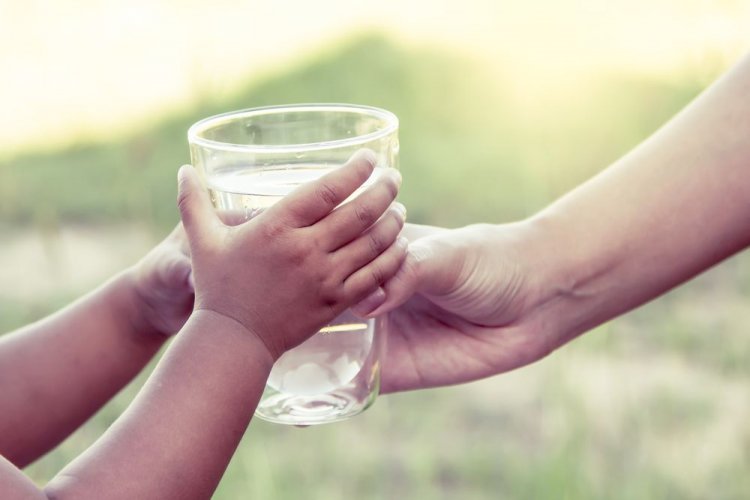The European Union will allocate €86 million to implement new strategic integrated projects that will help improve water quality and availability, clean up polluted rivers, improve fire and flood protection, and reduce greenhouse gas emissions.
This was announced by the European Commission.
Officials said that the funding will go to projects selected in the 2023 competition. They will be implemented in Denmark, Estonia, Poland, Slovenia, and Iceland. The projects will help national, regional, and local authorities implement national and European environmental and climate legislation.
The European Commission expects that they will also mobilize significant additional investments from other EU funding sources. These include agricultural, structural, regional and research funds, as well as national funds and private sector investment.
Here are the projects that will receive funding:
1. LIFE ACT.
Country: Denmark.
Total funding: €28.4 million (of which €17 million will be provided by the EU).
Purpose: to reduce municipal CO₂ emissions by 75% and make 2,900 km of coastline more resilient to climate change by 2050.
2. LIFE SIP WET-EST.
Country: Estonia.
Total funding: €29.9 million (of which the EU will provide €17.9 million)
Purpose: to improve water quality, control pollution, restore ecosystems and reduce drought and flood risks in the Western Estonia river basin.
3. Project in Pomeranian Voivodeship.
Country: Poland.
Total funding: €21.9 million (of which the EU will provide €13.1 million).
Purpose: to solve the main problems of waste recycling and landfills in the region. Target: to achieve 65% waste recycling and reduce the amount of waste going to landfills to 10% by 2035.
4. LIFE4ADAPT.
Country: Slovenia.
Total funding: €26.5 million (of which the EU will provide €14.2 million)
Purpose: to develop new ways to manage climate risks and launch educational programs. The project will help to better prepare for droughts, forest fires and floods that have hit the country in recent years.
5. LIFE ICEWATER.
Country: Iceland.
Total funding: €39.6 million (of which the EU will provide €23.8 million).
Purpose: to improve water quality, sustainable water use and reduce pressure on vital resources.
What about Ukraine?
Meanwhile, our situation with financing measures that would contribute to climate resilience, improve water quality and availability, and clean up polluted rivers is very sad. The state and local budgets chronically lack money for this. The Ministry of Environmental Protection and Natural Resources of Ukraine develops various strategies and programs, and calculates the funding needed to implement them. But it doesn't go much further than papers that are neatly folded in a folder.
The minimum that is being done now is periodic monitoring of surface water quality in the absence of active measures to improve the situation. And the few projects that are being implemented are funded exclusively by grants from the EU or international organizations.
One of the measures to preserve Ukrainian rivers was the approval by the Cabinet of Ministers of Ukraine at the end of March of the Procedure for Restricting the Rights of Water Users Carrying Out Special Water Use, in Particular During Low Water.
EcoPolitics also reported that Ukraine has developed the first 18 national standards for surface water quality control, similar to the European ones. They will come into force in May.





